On March 1, the Kurdish Workers’ Party (PKK) announced a ceasefire and laid down arms against the Turkish government. Given the long history of broken ceasefires and failed peace talks, this development feels familiar.
To understand today’s situation, one must examine the historical context of the conflict. The PKK was founded in 1978 by Abdullah Öcalan, who still leads the party from prison. Many consider the PKK a “militant Marxist-Leninist” terrorist group. However, a significant segment of the Kurdish population sees Öcalan as a morally gray figure and one of the few who has fought for the freedom of Kurdistan.
The PKK’s roots in both Turkey and Syria
The PKK’s struggle extends beyond Turkey. In 1962, Syrian President Hafez al-Assad stripped 120,000 Kurds of their citizenship, disenfranchising them and barring their participation in elections. The Syrian government implemented the Arab Belt policy, a program in the 1970s that resettled Arab populations into historically Kurdish regions along the Turkish border, displacing thousands of Kurds and undermining their regional influence.
In the late 1970s and 1980s, the PKK launched a military campaign against the Turkish government and rival Kurdish groups like the Village Guards. In 1985, Öcalan fled to Syria, where the PKK built military camps with Syrian support. The group’s increasingly militant tactics led the US to designate it a terrorist organization in 1997. Turkey had already labeled the PKK a terrorist group, despite its domestic roots. In 1995, the US Congress withheld military aid to Turkey due to reports of human rights abuses, escalating tensions further.
In 1998, Turkey and Syria signed the Adana Protocol, ending Syrian support for the PKK and shutting down its camps. Following this, Öcalan fled.
Authorities first detained Öcalan in Italy for entering the country on a false passport and due to a German arrest warrant. Turkey tried to extradite him via Germany, but Italy refused. Germany declined to press the issue, fearing retaliation from PKK sympathizers after Italian Kurds protested in Rome. Öcalan stayed in Athens, against the wishes of the Greek government. He then sought asylum from multiple countries, the EU, the Hague, and the International Criminal Court, all unsuccessfully. Greece sent him to Nairobi, Kenya, where he stayed at the Greek Embassy. Fourteen days later, Turkish intelligence arrested him as he attempted to fly to the Netherlands.
Southeastern Turkey remained under emergency rule until 2002. In 2004, the election of pro-Kurdish democratic parties offered new hope. Öcalan attempted to negotiate a ceasefire during this period, but mistrust led to repeated failures. The PKK declared a ceasefire in 2004, only to break it in 2005. Subsequent peace attempts from 2009 to 2011 and 2012 to 2015 followed similar patterns.
The Turkish government inadvertently made Öcalan an even bigger Kurdish star by forcing him back into Turkey and charging him with treason and separatism. Additionally, according to the European Court of Human Rights, Turkey did not allow him to have a fair trial. Öcalan has been in jail ever since, and some of that time has been in complete isolation.
Erdoğan hopes to capitalize on the PKK’s unilateral ceasefire to gain Kurdish support
This brings us to the present day. Nearly fifty years into the conflict, with Öcalan still imprisoned and his influence enduring through various Kurdish political parties, the dynamics remain precarious. The current ceasefire is overshadowed by President Recep Tayyip Erdoğan’s authoritarian grasp on power. Since becoming president in 2014, following his tenure as prime minister beginning in 2002, Erdoğan has transformed Turkey’s parliamentary system into an executive presidency, consolidating authority in ways that have raised concerns of dictatorial rule.
Now, as he faces the potential end of his political tenure, Erdoğan is pursuing constitutional changes that would allow him to remain in power. To succeed, he needs more parliamentary support than he currently commands—particularly from Kurdish constituencies. In this context, the PKK’s decision to lay down arms may inadvertently bolster Erdoğan’s efforts to secure the votes necessary for extending his rule. The ceasefire could therefore shift power dynamics in Erdoğan’s favor, reinforcing rather than restraining his ongoing drive to consolidate authority.
This shift inadvertently strengthens Erdoğan’s hand by creating a vacuum in Kurdish representation, possibly deepening his authoritarian control. By dissolving its armed struggle, the PKK risks relinquishing vital leverage against a regime that has shown little interest in genuine peace or democratic governance. If the PKK’s transitional phase is perceived as a sign of weakness, it may embolden Erdoğan to distance himself further from meaningful dialogue, using the dissolution as justification for oppressive measures against the Kurdish population.
PKK’s surrender and what it means for Erdoğan
The PKK held its 12th Congress from May 5 to 7, 2025, in the Medya Defense Areas, a PKK stronghold located in the mountainous regions of northern Iraq. The leadership emphasized the congress’s importance in response to Öcalan’s “Call for Peace and Democratic Society.” Delegates from various branches attended, with posters of Öcalan throughout the venue.
If Erdoğan succeeds in changing the constitution, this could pave the way for uncontrolled power dynamics comparable to Russia, where a singular dictator maintains dominance. The inherent instability of Erdoğan’s regime, entrenched with an authoritarian desire to maintain control, renders any ceasefire fragile and susceptible to collapse.
Erdoğan is now down an obstacle, with no enemy that can make it complicated for him to dominate. Even if the ceasefire holds, he is under no obligation to reciprocate and may use the opportunity to implement constitutional changes that tighten his grip on power. If he fails to secure enough votes, his successor may not honor the agreement. The ceasefire could collapse at any moment. There are too many variables at play, none of which are guaranteed, and Erdoğan may still take repressive action, possibly leading Turkey in the same direction as Russia, with one person holding unchecked power.
Another variable: What happens if he doesn’t win? Will his replacement honor the agreement, given it was done to keep Erdoğan in power? Turkey and the PKK may not see a successful ceasefire.
As the Kurdish struggle for rights and autonomy continues to confront insurmountable obstacles, the shift initiated by the PKK’s 12th Congress could inadvertently enable Erdoğan to further solidify a dictatorial power. The ball remains in Turkey’s court and there is no one else that can play.
[Claudia Finak-Fournier edited this piece.]
The views expressed in this article are the author’s own and do not necessarily reflect Fair Observer’s editorial policy.
Support Fair Observer
We rely on your support for our independence, diversity and quality.
For more than 10 years, Fair Observer has been free, fair and independent. No billionaire owns us, no advertisers control us. We are a reader-supported nonprofit. Unlike many other publications, we keep our content free for readers regardless of where they live or whether they can afford to pay. We have no paywalls and no ads.
In the post-truth era of fake news, echo chambers and filter bubbles, we publish a plurality of perspectives from around the world. Anyone can publish with us, but everyone goes through a rigorous editorial process. So, you get fact-checked, well-reasoned content instead of noise.
We publish 3,000+ voices from 90+ countries. We also conduct education and training programs
on subjects ranging from digital media and journalism to writing and critical thinking. This
doesn’t come cheap. Servers, editors, trainers and web developers cost
money.
Please consider supporting us on a regular basis as a recurring donor or a
sustaining member.
Will you support FO’s journalism?
We rely on your support for our independence, diversity and quality.


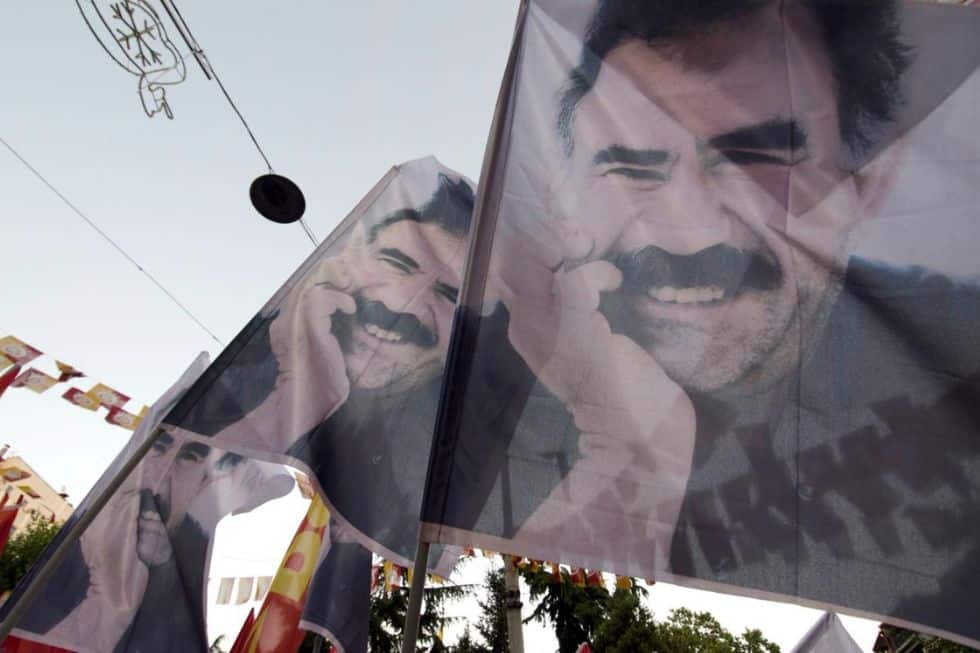
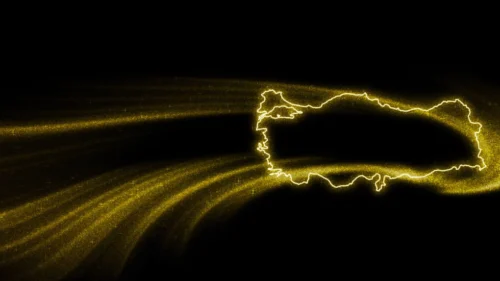
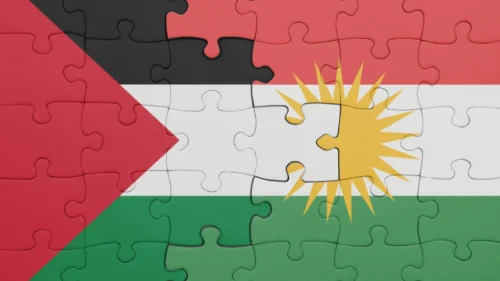
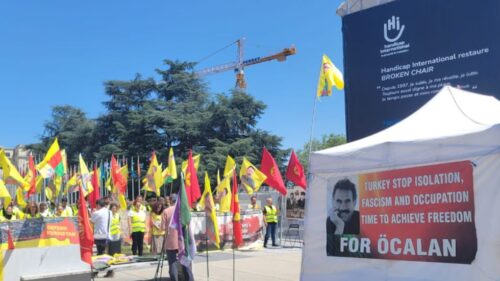
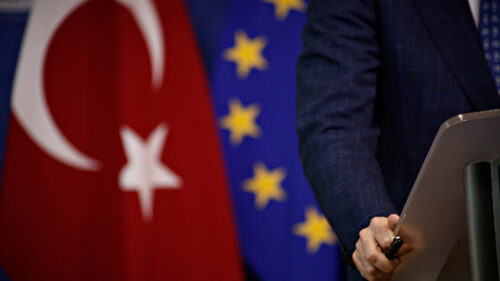


Comment